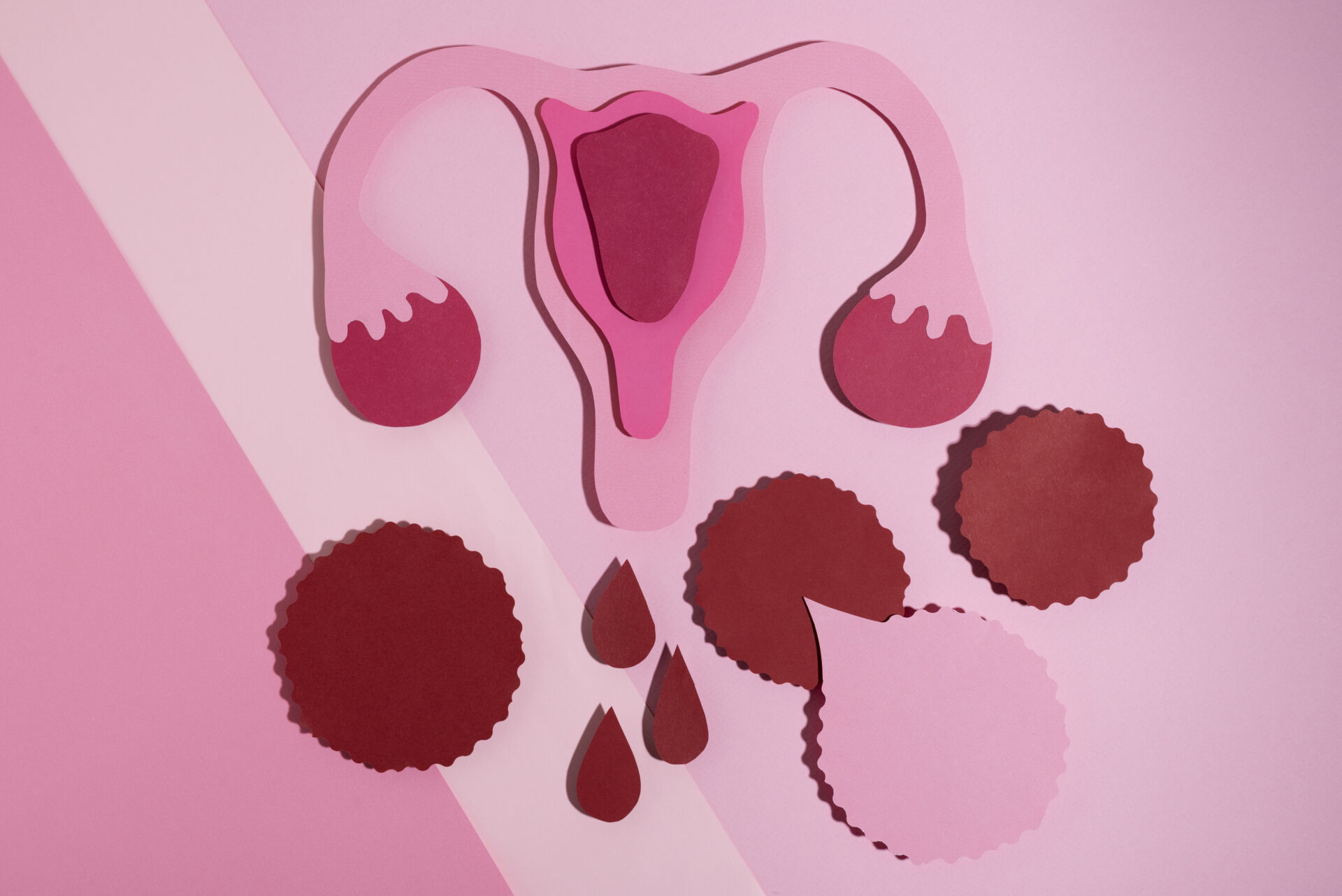What does your menstrual cycle say about your health? If you are also searching the internet about this. you are at the right place. Typically, girls begin to menstruate between the ages of 12 and 13. However, menopause refers to the phase that is generally seen after the age of 51. A kid can be conceived and born by your body from the time of your maiden menstruation until menopause.
While “cycle” implies regularity, menstrual cycles vary greatly from person to person and over time.
What does your menstrual cycle say about your health? You can find countless things from your current cycle. Do not ignore it; it will be vital in providing information about your health condition. Hence, it is something that you need to take serious note of. Here’s what you should know and when to talk to your doctor about it.
What Does Your Menstrual Cycle Communicate To You?
Heavy Flow and Tiredness
You also lose red blood cells when you lose too much blood from menstruation, which leads to iron deficiency anemia. One study found that 5% of women of childbearing age are affected. If you experience shortness of breath and fatigue during the period, let your doctor know about it. A simple blood test can tell a lot about whether you need treatment.
Missed Periods
The most frequent cause of missing periods is pregnancy. Some medications, nevertheless, can also make them stop. Visit your doctor if you notice that your regular period cycle has changed, and it has been around three months since you got your last period. They will be able to evaluate further symptoms and give them information thanks to this.
Early Periods
Even once every 3 weeks still counts as getting your period regularly enough – especially if they didn’t even start coming until two years after menarche, which could range from 24-38 days apart in some cases. Excessive exercise, weight loss, and stress all affect cycle frequency too. If bleeding begins less than 24 days apart, check with your doctor to know what constitutes a regular period.
Source: Freepik
Bleeding During Periods
Among the causes of bleeding during periods are endometriosis, fibroids, or polyps that develop around and inside the uterus. Hormone problems, as well as sexually transmitted diseases like chlamydia and gonorrhea, can also be to blame. A few women may have some spotting 10-14 days following ovulation, which could indicate the start of a pregnancy. Nonetheless, if you want more information on what constitutes an average period, only your doctor can explain this.
Blood Color
At the onset of menstruation, fresh blood is usually bright red, which is healthy period blood. Darker flow indicates that there may be some clots and more blood loss. During the last week, it appeared brownish due to the air’s reaction with aged blood exposed. Pinkish blood implies light periods only.
Cramps
More than half of women who menstruate experience cramps in their lower belly, thighs, or back for one or two days each month before or when they start bleeding. Additionally, some women feel nauseous, tired, or have diarrhea during this time. Cramps occur due to contractions that tighten and relax the uterine muscles, causing lining shedding. Luckily enough, these tend to become better as you grow older and may stop altogether after childbirth takes place.
Source: Freepik
How To Attain Regular Periods?
Engage in yoga
Address various menstrual problems through yoga. Constant daily practice for at least thirty-five forty minutes improves physical operations and lowers dysmenorrhea. You can include a variety of exercises in your daily regime, such as hip dips, pilates strength training etc.
Keep a healthy weight
Weight changes can influence your menstrual cycle as well. Weight loss can assist in balancing the periods, while extreme weight loss or being underweight may lead to irregular menstruation. It is vital to maintain average body size.
Work out often
Regular exercises have many advantages, such as controlling the average body size. Additionally, it may decrease pain and raise the regularity of menstrual cycles.
Include some cinnamon
Doctors recommend this substance to help regulate your periods along with reducing bleeding and pain that accompany them every month. Also, cinnamon might be helpful when dealing with PCOS and is a safe way of treating primary dysmenorrhea.
Take vitamins everyday
Vitamins B and D will aid with regulating periods while reducing PMS symptoms. They are available in food, the sun, or vitamins. Always follow instructions for a supplement and ask your doctor before taking anything new.
To Sum It Up
Understanding your period is essential. If you pay attention to how heavy or light it is, the color, or any other abnormalities found in menstruation, then this will help in understanding more about the state of your general health. If there are any notable changes in it or when there are symptoms that are pretty strange, consider talking with a medic right away. Female sanitation will protect us during our lifetime.
References
Reese, D. (2022, August 12). What Your Period Says About Your Health. WebMD.




